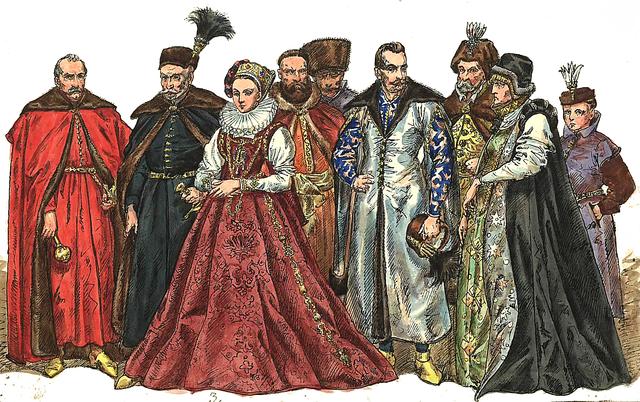Oligarchy vs Plutocracy
The distinction between oligarchy and plutocracy lies in the specific group that controls the government. Before discussing the differences between these two terms, it is essential to understand their meanings. Oligarchy and plutocracy are not commonly used in everyday language, so it is not surprising that many people may not be familiar with their definitions. Both terms refer to forms of political systems or government and can also be used to describe the organizational structure of a company. They have their roots in the Greek words ‘Oligarkhia’ and ‘Ploutokratia.’ This article will explore the meanings and differences between these two terms in depth.
What is Oligarchy?
An oligarchy is a type of political system or government characterized by rule or control by a small and elite group of people. This group has control over the government and the entire state. A country with this form of government or political system is also called an oligarchy. The sovereign power of the state is vested in this small group of people, which can consist of landowners, wealthy individuals, royalty, noblemen, high-ranking military officers, renowned academics, or philosophers.
The term “oligarchy” comes from the Greek word “Oligarkhia,” which means “rule or command by a few.” Historically, rule by a few has often led to tyranny, corruption, and oppression. Although the definition of an oligarchy may suggest that it refers to control by a small group of wealthy individuals, this is not always the case. An oligarchy simply denotes rule or governance by a privileged or favored few. Ancient Sparta is a classic example of an oligarchy where the majority of the population, the Helots, were excluded from voting. More recently, South Africa had an oligarchy system based on race during the mid-20th century when the apartheid system was in force.
What is Plutocracy?
The word “plutocracy” comes from the Greek word “Ploutokratia,” with “Ploutos” meaning “wealth” and “kratia” meaning “rule or power.” Plutocracy is defined as a state, society, or government controlled and ruled by the wealthy or a wealthy class. This group governs a state or society because of their wealth, and their power stems from their wealth. Historically, the wealthy class has often been the minority in a society. In a plutocracy, the wealthy group exercises control and power either directly or indirectly. Government policies may be formulated to benefit this group, and access to certain resources may be limited to the wealthy class, denying other members of society certain resources and rights. This form of government can result in inequality, unfairness, and injustice.
Key Takeaways
- Oligarchy is a form of government controlled by a small and elite group of people, not limited to wealthy individuals but also including privileged groups such as royalty, noblemen, landowners, academics, and military officers.
- Plutocracy refers to a government ruled by the wealthy class in society, where the group exercising control derives their authority or power from their wealth.
- While both oligarchy and plutocracy involve rule by a small group, the difference between the two lies in the type of people that exercise control.
